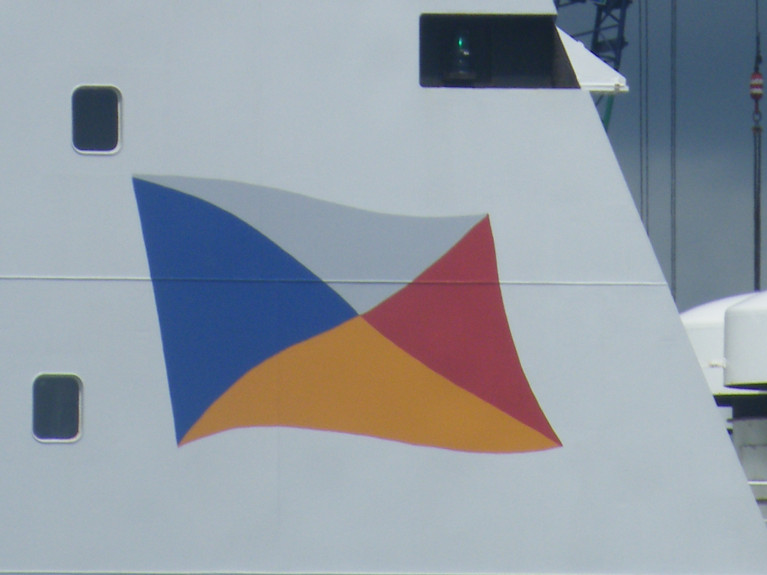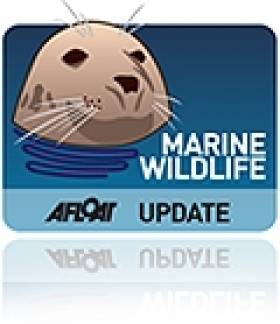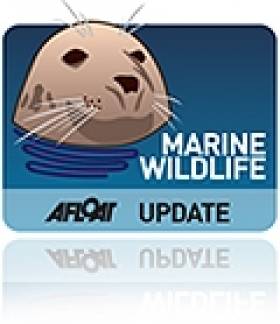Displaying items by tag: pressure
Ferry Company P&O Under Pressure to Return Furlough Cash
The company P&O Ferries, reports BBC News, has been urged to hand back the money it received to furlough staff during the coronavirus pandemic as Afloat reported in March 2020.
Transport Secretary Grant Shapps said the firm should repay the £11m in government money it had received.
The ferry firm sparked outrage after sacking almost 800 seafarers and replacing them with cheaper agency workers paid below the minimum wage.
Mr Shapps' comments came as P&O Ferries resumed (UK-France) sailings for the first time since the sackings.
On Tuesday, the Spirit Of Britain was the first P&O vessel to resume sailings on the Dover-Calais route, after being detained for nearly a fortnight by the Maritime and Coastguard Agency over safety concerns.
The vessel was carrying 'freight' customers only, with passenger services expected to start again early next week.
It is the only P&O ship back in service on the Dover to Calais route, with three others still waiting to pass inspections.
It came after another P&O ship (European Causeway) spent hours adrift without power in the Irish Sea.
P&O said the incident was caused by a "temporary mechanical issue" that had been resolved.
The ship - which will now be visited by maritime inspectors - returned to port "under its own propulsion, with local tugs on standby," a spokesperson added.
More on the ongoing ferry story including the UK government response to the controversial crewing dispute.
Irish Sea Far From 'Dirty, Lifeless' Says New Website
#MARINE WILDLIFE - The UK's Wildlife Trusts have launched a new website in an effort to redress the idea that the Irish Sea is "a dirty, lifeless" place.
As BBC News reports, the trusts' Cheryl Nicholson put down the Irish Sea's poor image, saying "nothing could be further from the truth".
"Our sea is home to so many amazing species and habitats," she added, "but sadly, after centuries of neglect, it is not in a good state. We must act now to protect the Irish Sea from the depths through to the coastal shallows."
The new website is part of a campaign by wildlife trusts throughout northwest England, Wales, Northern Ireland and the Isle of Man to establish 15 Marine Conservation Zones recommended for the area.
The zones, if officially designated, would provide "a haven for wildlife to recover and thrive", said Nicholson.
As previously reported on Afloat.ie, plans to establish such zones in the Irish Sea have been shelved till 2013 at the earliest after pressure from fishermen, boaters and other groups.
BBC News has more on the story HERE.
Irish Sea Conservation Zones Shelved Till 2013
#MARINE WILDLIFE - Some 14 Marine Conservation Zones in the Irish Sea are among the network of planned marine wildlife sanctuaries around the UK that has been postponed.
The Liverpool Echo reports that the UK Department for the Environment, Food and Rural Affairs (Defra) has shelved plans to create the conservation areas by the end of 2012 after pressure from "groups that use the coastline frequently including fishermen, yachting enthusiasts and seaside villagers".
There will now be a six-month delay while and impact assessment on the network of well over 100 proposed sites is presented to the British government.
As previously reported on Afloat.ie, conservation groups have raised concerns that fewer than a quarter of the proposed sites around the UK will receive official protection.
































































